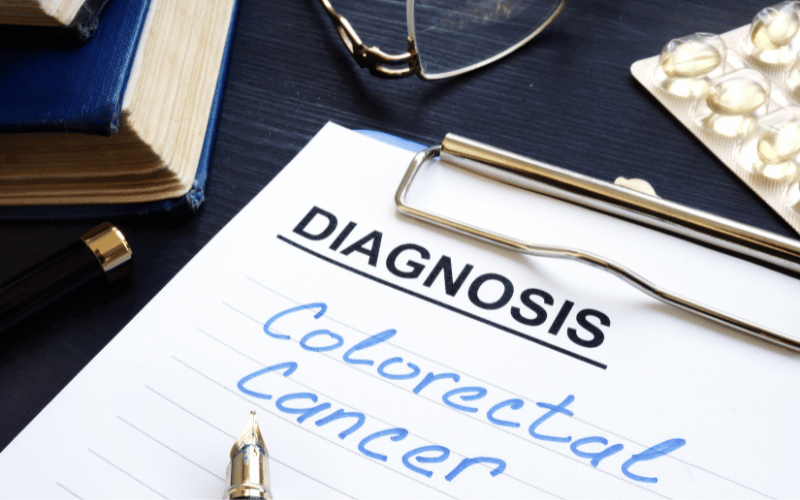Introduction: The Impact of Colorectal Cancer

Colorectal cancer is a formidable adversary in the realm of diseases, standing tall as one of the predominant causes of cancer-related deaths globally. It originates either in the colon or the rectum and, like all cancers, has distinct stages that capture the extent of its spread. The emphasis on understanding these stages isn’t just a medical necessity but also a beacon of guidance for patients and their support systems.
The progression of colorectal cancer is more than just numbers and medical jargon. Each stage represents a unique challenge and requires a tailored approach in terms of treatment. This understanding can be a source of strength. By demystifying the evolution of the disease, patients and their families can prepare, plan, and make decisions that align with their well-being and desired outcomes.
In addition, there’s a psychological angle to this knowledge. Awareness and comprehension of one’s condition often lead to better coping mechanisms, a sense of control, and overall better mental health. This emotional preparation, coupled with physical treatments, provides a holistic approach to tackling the disease.
Lastly, the significance of early detection cannot be stressed enough. The stage at which the cancer is identified often determines the treatment route, potential outcomes, and the quality of life post-diagnosis. With that context in place, let’s navigate through the various stages of this disease.
Stage 0: The Beginning

In the vast continuum of colorectal cancer stages, Stage 0 stands as the earliest and most contained. At this juncture, the cancer is termed “in situ”, signifying its confinement to the innermost lining of the colon or rectum. It’s as if the disease is at the starting line, hinting at its potential but not yet racing into the deeper tissues.
The primary treatment at this stage revolves around surgery. The goal is to nip the problem in the bud by removing any cancerous cells or precancerous polyps. Since the disease hasn’t invaded deeper tissues, surgical interventions are usually minimally invasive and come with shorter recovery times.
The prognosis at this stage is overwhelmingly positive. With the cancer contained within the mucosa, the risk of it spreading or recurring after treatment is minimal. However, this doesn’t mean patients can rest easy post-surgery. Regular screenings post-surgery are imperative to ensure no remnants attempt a comeback. (1)